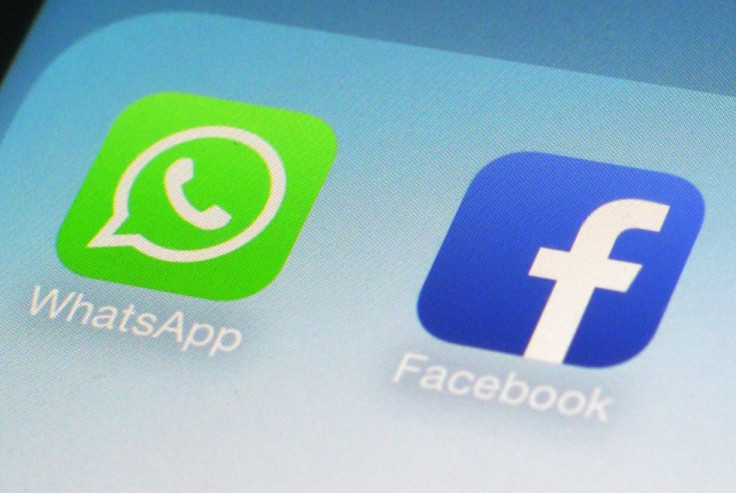India: WhatsApp being used by Muslim men to divorce their wives

WhatsApp, the popular instant messaging application is now being used by Muslim men to divorce their wives, using the triple talaq provision under the religion. This is in addition to the increasing use of new social media platforms like Skype, mobile text messages, and emails to deliver oral talaq or divorce.
Under the talaq process, the husband says 'talaq' in Arabic which means 'I divorce you' to his wife, three times. Some require a waiting period between the utterance of each talaq to allow time for the couple to try and reconcile while others allow for all three talaqs to be said at once.
A college student in Kerala in India received a triple talaq over WhatsApp from her husband who had gone to Dubai a few weeks after their wedding. The 21-year old student has lodged a complaint at the state's women's commission.
The commission, which questions the validity of a WhatsApp talaq, has ordered the department of non-resident affairs to find the woman's husband and has asked the man's parents to be present at its next hearing.
The Times of India said a recent study by a non-government organisation Bharatiya Muslim Mahila Andolan showed that Muslim women were against the discriminatory practice of the triple talaq with 92.1% seeking its ban. It said oral talaqs delivered through new media platforms have also become an increasing cause of worry for the community.
Facebook remains the most popular social networking site in India while WhatsApp tops the list of instant messaging Apps, according to a report by global research consultancy firm TNS. "The social networking market of India is Facebook centric, which is also fuelling the adoption of Facebook Messenger also as the IM platform for private messaging. However WhatsApp is by far the most popular IM platform in India," TNS Executive Director Parijat Chakraboty said.
So is a WhatsApp talaq legal under Muslim law? According to the paper, Islamic scholars are divided.
Sayyed Attakoya Thangal, the district president of the Samastha Kerala Jam-Iyyathul Ulama, believes the talaq is valid. "The divorce however will be granted only after holding discussions with both the man and wife and their family members. If the husband sticks to his stand, divorce will be sanctioned," he said.
Another member of the same organisation, Kottumala T M Bappu Musaliyar, who chairs the state Haj committee however thinks otherwise. He said the WhatsApp message is not a legal document. "Talaq should ideally be done face-to-face. If it is not possible, talaq can be done after presenting relevant documents signed by witnesses."
T P Abdulla Koya Madani, the state president of Kerala Nadvathul Mujaideen dismissed a WhatsApp talaq as an "oversimplification of the entire process. Talaq should be done under unavoidable circumstances and conditions. Mandatory steps for talaq cannot be followed in WhatsApp.
"There is no validity of such an act. Some people are playing with religion. Talaq cannot be practised in such a flimsy manner," he added.
© Copyright IBTimes 2025. All rights reserved.





















